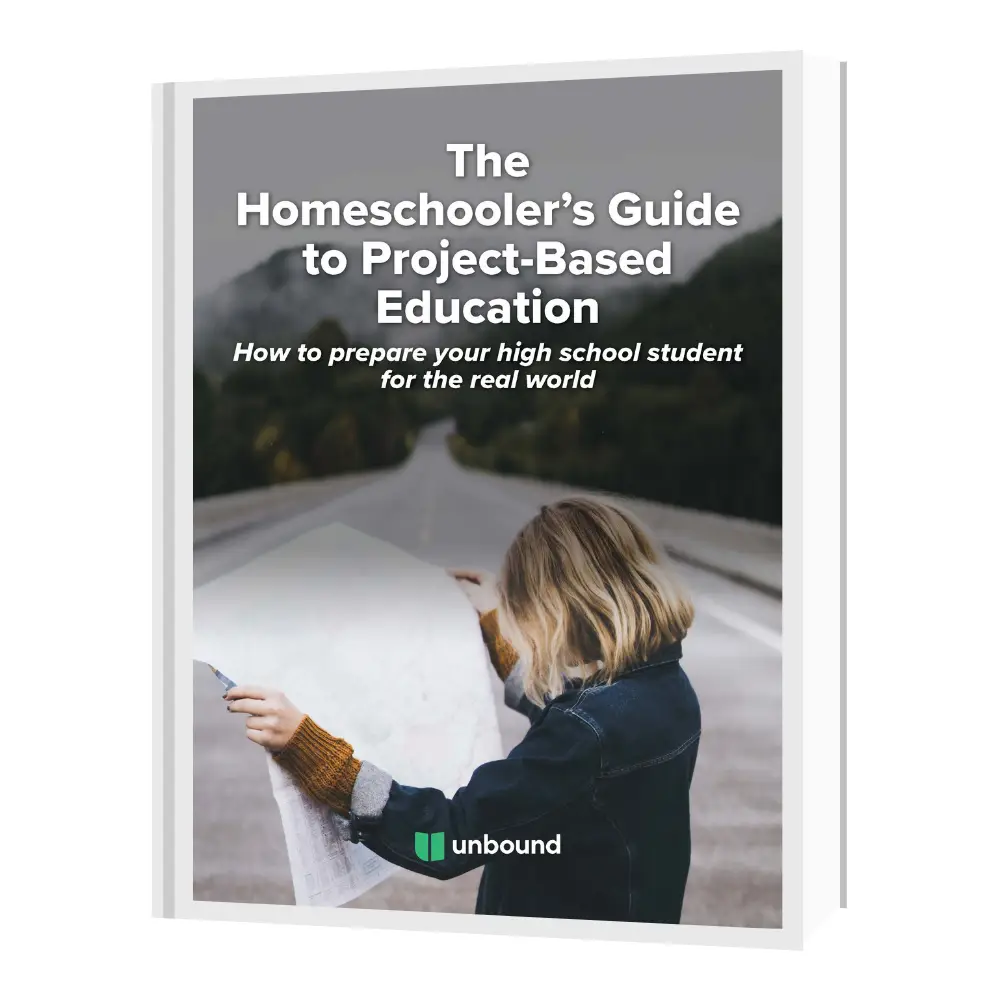Does Our Culture Care Too Much About Answers?

Are we doing it wrong?
It: the learning model we’ve built our education system on.
The current learning model that much of our education system uses is an answers-based model. A teacher lectures students and then asks the students questions to test their knowledge of a subject.
“Can anyone tell me the capital of Spain?”
“How do you find the square root of a number?”
Then it’s up to students to know the answers. Tests, quizzes, and even papers are designed to assess how well students have been paying attention to the subject matter and whether they can return the right answers.
The future of education in your inbox.
Get productivity tips, commentary, and Unbound updates sent to you!
From grade school on up to college, this is the way that most educational programs work.
Is it the right way?
The Problem With Answers
I’ll start by saying that there isn’t a problem with answers in and of themselves. Answers exist. There is a real city in Spain that serves as the capital (Madrid!). There’s a real way to find the square root of a number (ask a math person, i.e. not me).
C.S. Lewis writes in The Abolition of Man,
“You cannot go on ‘seeing through’ things for ever. The whole point of seeing through something is to see something through it. It is good that the window should be transparent, because the street or garden beyond it is opaque. How if you saw through the garden too? It is no use trying to ‘see through’ first principles. If you see through everything, then everything is transparent. But a wholly transparent world is an invisible world. To ‘see through’ all things is the same as not to see.”
Final reality exists and it’s knowable. As Lewis points out, the only way a window has any use is if there is something real and solid beyond it that breaks our line of vision.
However, the problem with answers lies in the way that we stop asking questions once we meet an answer that we favor.
When the goal of education is to uncover answers, like buried treasure, there will naturally be some digging. But when our shovels hit the first buried chest, three feet under the surface, we celebrate and stop digging.
So much is left uncovered because we are too satisfied with the answers we immediately find.
An educational model that prizes the flawless remembrance of answers is an educational model that remains content with barely scratching the surface. Being “right” beats being “wise” in this model.
Asking Better Questions
What if we changed our model?
Instead of seeking the fastest route to a satisfactory answer, what if we learned how to dig deeper and deeper by asking better questions? What if humility, the knowledge that we don’t know everything, was built into our learning models?
At Unbound, we’re convinced that this type of learning model actually helps us learn more. We aren’t concerned with just remembering the right facts. We’re interested in asking questions and reflecting on how those facts, those realities, impact us and the actions we take.
Do we care about answers? Of course! We don’t want to fall into Lewis’ imagined world of complete transparency, where nothing can be known or seen because we’re too busy “seeing through” things.
On the other hand, we don’t want to stop digging the moment we hit the “first chest”. We want a learning model that challenges us to ask good questions, and then keep asking better ones as we go.
Interested in learning how to ask better questions so you can make better decisions? You can get a free video series about decision-making, from the reimagined Navigate course. Sign up for your free videos here.




